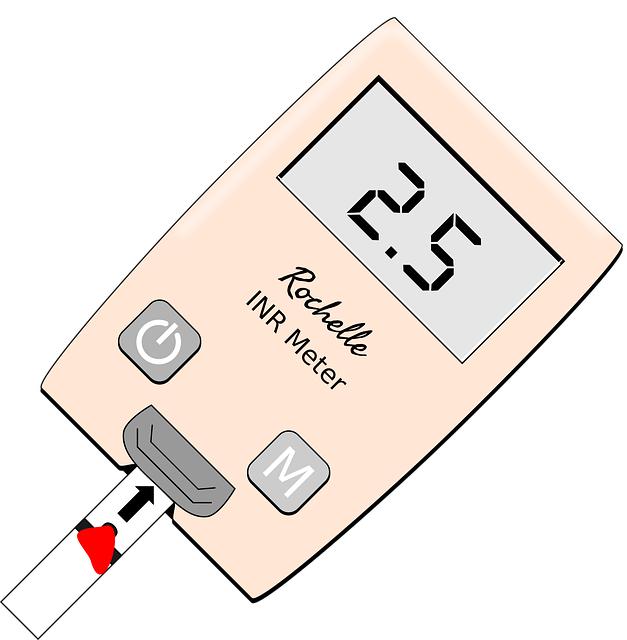
Blood sugar tests are essential for monitoring and managing diabetes, a chronic condition that affects millions of people around the world. These tests measure the levels of glucose in the blood, which is the body’s primary source of energy. There are various types of blood sugar tests available, each with its own benefits and limitations. In this article, we will compare the accuracy and effectiveness of different blood sugar tests to help you make an informed decision about which test is right for you.
One of the most common blood sugar tests is the fasting blood glucose test. This test requires you to fast for at least eight hours before having your blood drawn. It measures your blood sugar levels after fasting, giving an indication of how well your body is able to regulate glucose in the absence of food. Fasting blood glucose tests are generally accurate and can help diagnose diabetes and monitor blood sugar control over time.
Another commonly used blood sugar test is the oral glucose tolerance test (OGTT). This test involves fasting for at least eight hours, then drinking a sugary solution and having your blood drawn at intervals over a two-hour period. The OGTT is more sensitive than the fasting blood glucose test in detecting abnormalities in blood sugar regulation and is often used to diagnose gestational diabetes or prediabetes.
Hemoglobin A1c, or A1c, is a blood test that provides an average of your blood sugar levels over the past two to three months. This test is useful for monitoring long-term blood sugar control and is less affected by short-term fluctuations in diet or activity levels. A1c tests are easy to perform and do not require fasting, making them convenient for patients with diabetes.
Continuous glucose monitoring (CGM) is a newer technology that allows for the real-time measurement of blood sugar levels throughout the day and night. CGM devices are worn on the body and provide continuous data on blood sugar trends, helping patients and healthcare providers to make informed decisions about diabetes management. While CGM can be more expensive and may require regular calibration, it offers valuable insights into how food, exercise, and medications affect blood sugar levels.
Another type of blood sugar test is the random blood glucose test, which measures blood sugar levels at any time of the day, regardless of when you last ate. This test is less reliable than fasting blood glucose or A1c tests in diagnosing diabetes, as blood sugar levels can vary widely throughout the day in response to meals and physical activity. However, random blood glucose tests can still provide valuable information about blood sugar control in the moment.
In addition to these traditional blood sugar tests, there are also new technologies being developed to improve the accuracy and convenience of monitoring blood sugar levels. For example, researchers are exploring the use of breathalyzer devices that can detect acetone, a byproduct of fat metabolism that is linked to blood sugar levels. While these devices are still in the early stages of development, they hold promise for non-invasive blood sugar monitoring in the future.
When comparing the accuracy and effectiveness of various blood sugar tests, it is important to consider factors such as convenience, cost, and ease of use. Fasting blood glucose tests and A1c tests are widely available and relatively inexpensive, making them suitable for routine monitoring of diabetes. OGTT and CGM tests may be recommended for more detailed evaluations of blood sugar control or for patients with specific risk factors for diabetes.
Overall, the choice of blood sugar test depends on your individual needs and preferences. Consulting with your healthcare provider is the best way to determine which test is right for you based on your medical history, age, and risk factors for diabetes. Remember that regular blood sugar monitoring is essential for managing diabetes and reducing the risk of complications, so be proactive about scheduling tests and following up with your healthcare team.
In conclusion, there are several types of blood sugar tests available, each with its own advantages and limitations. Fasting blood glucose tests, A1c tests, OGTT, CGM, and random blood glucose tests all play a role in monitoring and managing diabetes. By understanding the differences between these tests and working closely with your healthcare provider, you can develop a personalized approach to blood sugar monitoring that meets your needs and helps you stay healthy for years to come.

















